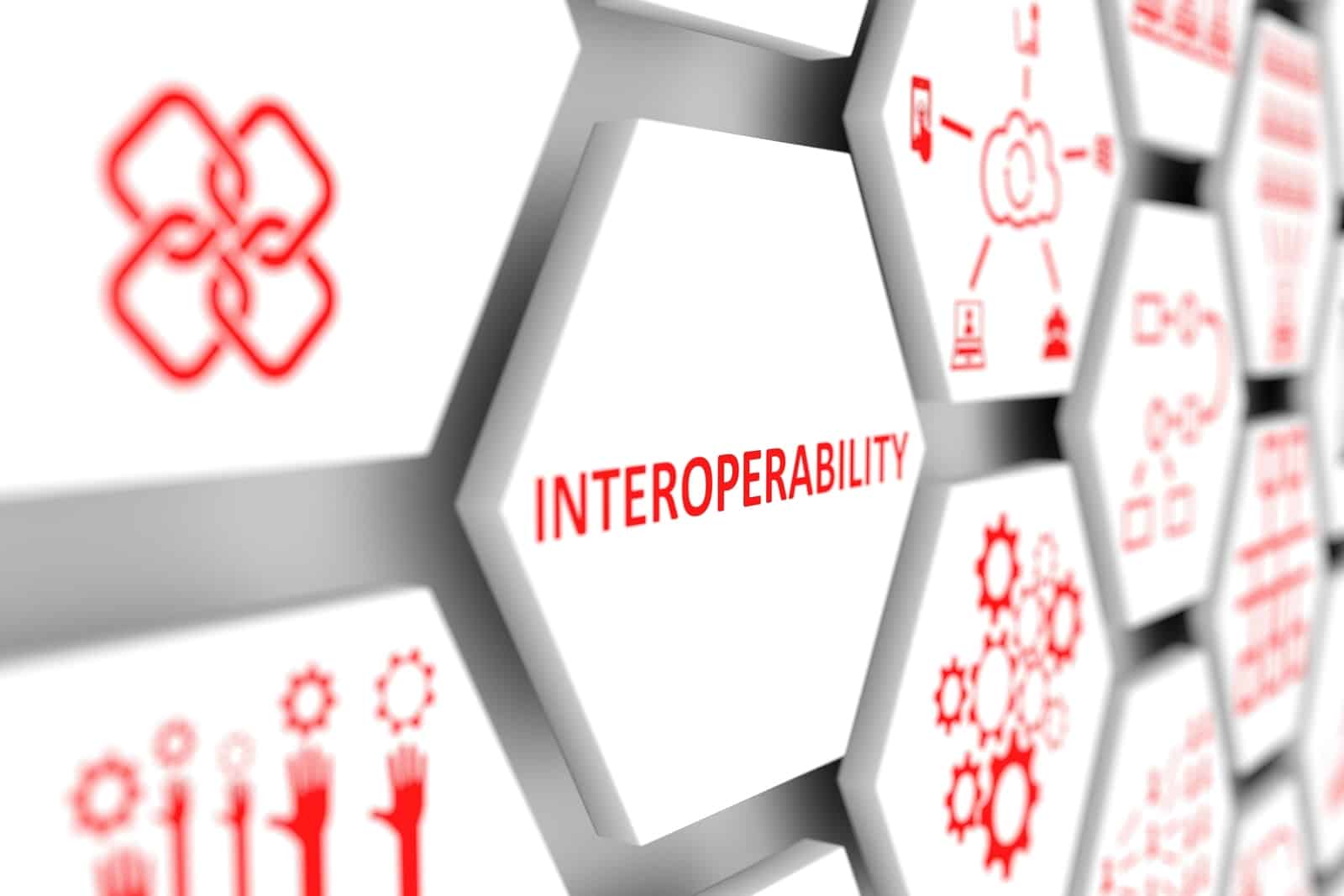Why Data Interoperability is Vital in Healthcare
Traci Curran
May 12, 2020

The COVID-19 pandemic has exposed fatal cracks in the way healthcare organizations share patient data. Actian DataConnect can help – supporting various healthcare industry standards and enabling rapid data interoperability interchange and transformation of electronic health records (EHR) between healthcare entities. All while supporting data quality and adhering to healthcare privacy and security regulations.
Industry Ambition Becomes a Regulatory Requirement
The controlled exchange of electronic health records is something that the healthcare industry has been working on for the past two decades with companies replacing paper charts with electronic records systems. Those systems connect to other entities (insurance, pharmacies, labs, hospitals, etc.) to enable patient data to be shared with other providers. That is the idea, at least. Unfortunately, many organizations have fallen far short of the goal, leaving healthcare providers with incomplete and outdated patient data to use in healthcare decisions. As hospitals, labs, and individual providers face an overwhelming spike in COVID-19 patients, their IT departments are struggling to resolve gaps in information-sharing capabilities.
In the US, the Centers for Medicare and Medicaid Services issued an Interoperability and Patient Access final rule (CMS) that mandates that by September, hospitals must be able to send notifications about admissions, transfers, and discharges to a wide range of recipients, including the patient’s primary care physician, service providers, suppliers, and other healthcare practitioners responsible for patient care. COVID-19 has taken an industry ambition and converted it into a regulatory requirement.
The Challenge for IT in Meeting the CMS Deadline
For most hospitals, achieving data interoperability compliance will require significant effort from internal IT staff and Healthcare IT vendors. Major EHR software vendors have already developed integration interfaces for their systems; however, the responsibility falls on IT staff to configure, test, and deploy these updates in the hospital environment. Once software updates have been applied, connections must be set up to the various recipient systems that need to receive the mandated notifications. This is where the real challenge lies. IT departments that have a strong competency in system implementation, operations, and support are having to quickly shift focus to system integration projects – something that many IT professionals have not had to do for decades. The tools and best practices have changed a lot since then.
Compliance will be particularly difficult for smaller hospitals with limited IT staff who have already been pulled to enable the remote working of essential employees, provide data to support crisis operations, and who may be facing the impacts of the COVID-19 crisis in their personal life as well. Although these professionals work in IT, they are intensely aware of the importance of their role in helping their organizations meet the expected needs of their communities and their patients. They understand the urgency and importance of data interoperability goes beyond the government mandate, and patient lives are at stake. Solving this problem is critical!
Actian DataConnect Delivers a Scalable and Secure Platform for Integration
Managing a network of data integrations that span organizations and medical facilities can be difficult. Electronic Health Records systems address the challenge for hospitals and doctors that are part of the same company, but the healthcare industry does not run as independent companies. It runs as an industry-wide network of companies. Cross-company data integration is where the challenge is. Actian is your proven partner for data integration/translation, customer data on-ramps, claims processing, and data auditing. Actian helps policy setters manage the transformation of incoming and outgoing data from hundreds, or even thousands, of trading partners by speeding up onboarding time and reducing effort.
Actian DataConnect supplies an integration platform that can manage both the inbound and outbound interfaces of the healthcare organization. DataConnect is a highly flexible platform service that enables companies to connect any data source, use policies to control access and security, and supply service assurance through centralized management.
Actian’s Healthcare Integration platform provides the infrastructure for integrating disparate data in a cost-effective, standards-based, and real-time manner. No other integration provider offers the combination of value, agility, and power that you’ll find in Actian Integration.
- HIPAA/HL7 message broker, message queuing, and resubmittal.
- Clinical web services, systems adapters, data mapping, transformation and translation, and partner profile management.
- Web-based deployment manager and self-service administration in federated deployments, such as a health information exchange (HIE), Actian’s products are “aware” of other remote deployments, creating seamless communication and data transfer. Actian’s standards-based approach provides flexibility and stability, and also facilitates rapid deployment by simplifying the configuration of data communication, messaging and security.
Ease of implementation, rapid deployment of integrations, and the ability for a limited IT staff to centrally manage and monitor all the company’s integrations in one place make DataConnect an ideal choice for addressing the EHR integration and patient access challenge. To learn more about how DataConnect supports the healthcare industry, visit www.actian.com/data-integration/dataconnect/
Subscribe to the Actian Blog
Subscribe to Actian’s blog to get data insights delivered right to you.
- Stay in the know – Get the latest in data analytics pushed directly to your inbox.
- Never miss a post – You’ll receive automatic email updates to let you know when new posts are live.
- It’s all up to you – Change your delivery preferences to suit your needs.

